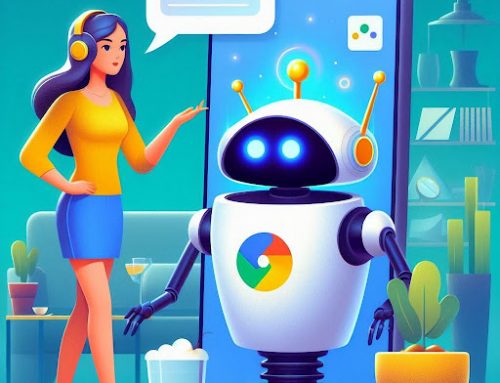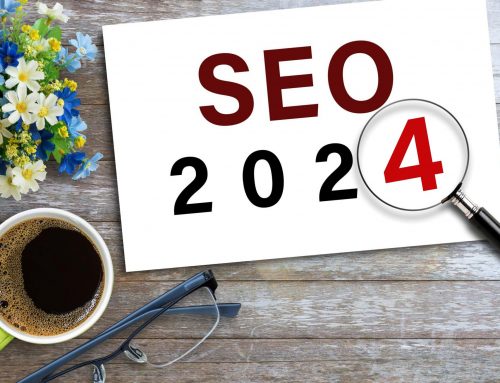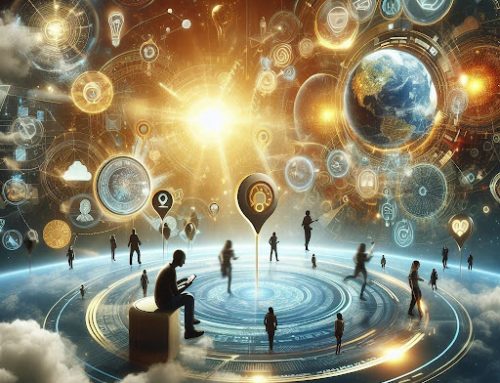AI Mediation Resolves Writers Strike
Latest Articles
January 30, 2024
Hollywood screenwriters have emerged victorious after a gruelling 148-day strike against Artificial Intelligence in their battle against its encroachment into the field of their craft after a long, gruelling fight.
As a result of the Writers Guild of America (WGA) successfully negotiating essential provisions regarding the use of artificial intelligence (AI) in scriptwriting, it is a historic victory for human creativity against the backdrop of the digital age. It is in the context of this blog post that we will examine in more detail the intricacies of the strike and the resulting agreement, exploring its implications for writers, the entertainment industry, and beyond.
The Human Narrative Prevails
Among the myriad issues that led to the writers’ strike, the prominence of artificial intelligence in scriptwriting emerged as a critical focal point of the conflict, transforming what appeared to be a technical issue into a struggle for the human touch in creative endeavours. In the wake of the strike, the potential threat of automation was brought to light for the entertainment industry and several sectors facing the potential transformative power of generative AI. It became clear at this point in the story that there was a conflict between human creativity and machine efficiency as opposed to contractual intricacies.
As far as the tentative agreement is concerned, its crux lies in its provisions designed to protect human writers’ role in the writing process. The studios and production companies are now required by law to disclose whether or not artificial intelligence played any part, either partially or in its entirety, in the generation of the material that is provided to the writers. A crucial aspect of AI is that it cannot be credited as a writer or produce “literary material” alone. In this way, writers are assured that they retain control over their creative contributions and are given due credit.
Towards a Blueprint for the Future
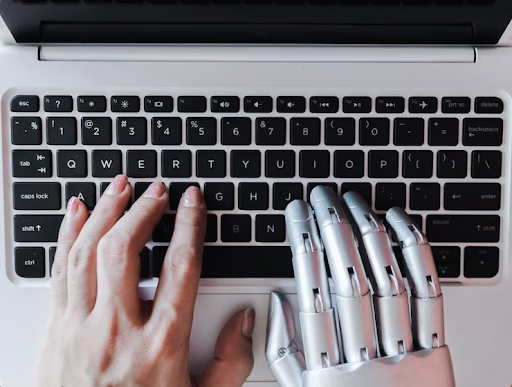
Experts, such as Tom Davenport, see the agreement as an example of how the content-creation industry might handle the integration of artificial intelligence as it grapples with the issue. There emerges as a preferred paradigm, namely the collaborative approach, in which humans work alongside AI rather than being replaced by it, as opposed to the individualistic approach. Taking this pragmatic approach allows us to acknowledge the potential benefits of AI as a tool while at the same time maintaining that human creativity should remain a central consideration.
There is no outright prohibition of all uses of AI in the creative process in the agreement. Instead, it creates a framework in which writers can decide whether or not to use AI in the future, with the company’s consent, but crucially, they are never compelled to do so. A delicate balance is struck between acknowledging AI as an essential tool and respecting the autonomy of human creators in the negotiation, reflecting the nuanced nature of the negotiations.
Uncharted Legal Territory
The negotiations were tough, especially with the rapidly changing landscape of generative AI. Discussions got more complicated when OpenAI’s ChatGPT was introduced just months before the strike. Even though the draft contract acknowledges the legal uncertainty surrounding generative AI, it commits both parties to regular meetings to adjust it as technology changes.
Scripts owned by studios can be used to train AI systems, and that’s left to legal interpretation. Legal issues are left to the legal system to resolve, as the agreement doesn’t impose restrictions. This opens up a whole new world of possibilities for studios, but writers can also assert their rights if they think their work has been exploited.
Writers Forge the Path Ahead
In this agreement, the Writers Guild secured terms that set a precedent for future labour disputes, extending to other creative industries. AI’s impact on the entertainment industry remains contentious as the actors’ union, SAG-AFTRA, faces its own challenges, including a strike authorisation against video game companies.
It’s true that some skeptics, like media mogul Barry Diller, doubt the effectiveness of the safeguards, but the agreement undoubtedly starts a conversation. The agreement is a pioneering effort to balance innovation with human creativity as society integrates generative AI into creative processes.
The Evolution of AI Labor Disputes
In this sense, Hollywood writers’ strike against AI is a significant chapter in the story about creativity and technology. As industries navigate the uncharted waters of AI integration, the agreement offers a nuanced approach that prioritises human-machine collaboration while keeping human creativity intact.
Taking a step back, we must recognise that this is only the beginning of AI’s impact on creative industries. Due to AI’s fast-evolving nature, new challenges and opportunities will always emerge, requiring continuous dialogue and adaptation.
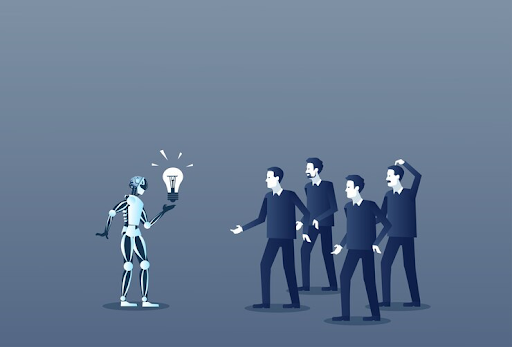
Despite future uncertainties, the tentative agreement commits both parties to regular assessments to keep up with AI’s dynamic legal landscape. By navigating uncharted territory with an eye toward a sustainable, collaborative future, the Writers Guild and Alliance of Motion Picture and Television Producers are trailblazers.
Within the next few years, both the entertainment industry and other creative industries will likely experience an evolution in how artificial intelligence is used in production. Whether it is content creators, industry stakeholders, or policymakers, the insights gained from the writers’ strike and subsequent negotiations will serve as valuable insights for them and the content industry as a whole. Artificial intelligence is becoming an integral part of the creative process, and thus, the challenge lies in nurturing an environment where human ingenuity can thrive, augmented by the capabilities of artificial intelligence.
The transformation of AI labour disputes that began in the 1980s is evident in the ongoing dialogues that are shaping the future of creative work in this transformative period. The collaborative spirit demonstrated by the writers’ strike resolution sets a positive tone for addressing the complex issues of AI integration in a wide range of creative endeavours, regardless of any ongoing challenges that may arise.


